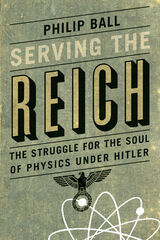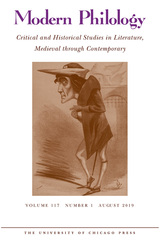
In one of the most unlikely coups in college basketball history, a religious school in Utah signed basketball phenomenon AJ Dybantsa. He will play for Brigham Young University—hardly the sort of basketball powerhouse that typically attracts exceptional and non-Mormon players like him.
Game Changers explores how BYU managed this stunning feat. A year before signing Dybantsa, the university lured coaching star Kevin Young from the NBA to run its basketball program. In the decade before, court rulings and institutional reform put money at the forefront of college sports in ways the American public had never seen. And for generations before that, The Church of Jesus Christ of Latter-day Saints built a theological structure and institutional commitment to basketball that put the sport front and center at BYU.
Game Changers places Dybantsa in the context of this history and culture and explores the tensions in the sport. For Latter-day Saints and many other basketball fans, the sport is about personal discipline, character, and a commitment to success. But more and more, universities, the NCAA, and the professional leagues place money above everything else. These dual impulses have pulled the sport in general, and the church-owned BYU in particular, in opposite directions. The book reveals why Dybantsa decided to attend BYU and what he means to the sports world—in Provo, in the United States, and around the globe—as his career unfolds.


After World War II, most scientists in Germany maintained that they had been apolitical or actively resisted the Nazi regime, but the true story is much more complicated. In Serving the Reich, Philip Ball takes a fresh look at that controversial history, contrasting the career of Peter Debye, director of the Kaiser Wilhelm Institute for Physics in Berlin, with those of two other leading physicists in Germany during the Third Reich: Max Planck, the elder statesman of physics after whom Germany’s premier scientific society is now named, and Werner Heisenberg, who succeeded Debye as director of the institute when it became focused on the development of nuclear power and weapons.
Mixing history, science, and biography, Ball’s gripping exploration of the lives of scientists under Nazism offers a powerful portrait of moral choice and personal responsibility, as scientists navigated “the grey zone between complicity and resistance.” Ball’s account of the different choices these three men and their colleagues made shows how there can be no clear-cut answers or judgment of their conduct. Yet, despite these ambiguities, Ball makes it undeniable that the German scientific establishment as a whole mounted no serious resistance to the Nazis, and in many ways acted as a willing instrument of the state.
Serving the Reich considers what this problematic history can tell us about the relationship between science and politics today. Ultimately, Ball argues, a determination to present science as an abstract inquiry into nature that is “above politics” can leave science and scientists dangerously compromised and vulnerable to political manipulation.
READERS
Browse our collection.
PUBLISHERS
See BiblioVault's publisher services.
STUDENT SERVICES
Files for college accessibility offices.
UChicago Accessibility Resources
home | accessibility | search | about | contact us
BiblioVault ® 2001 - 2025
The University of Chicago Press









